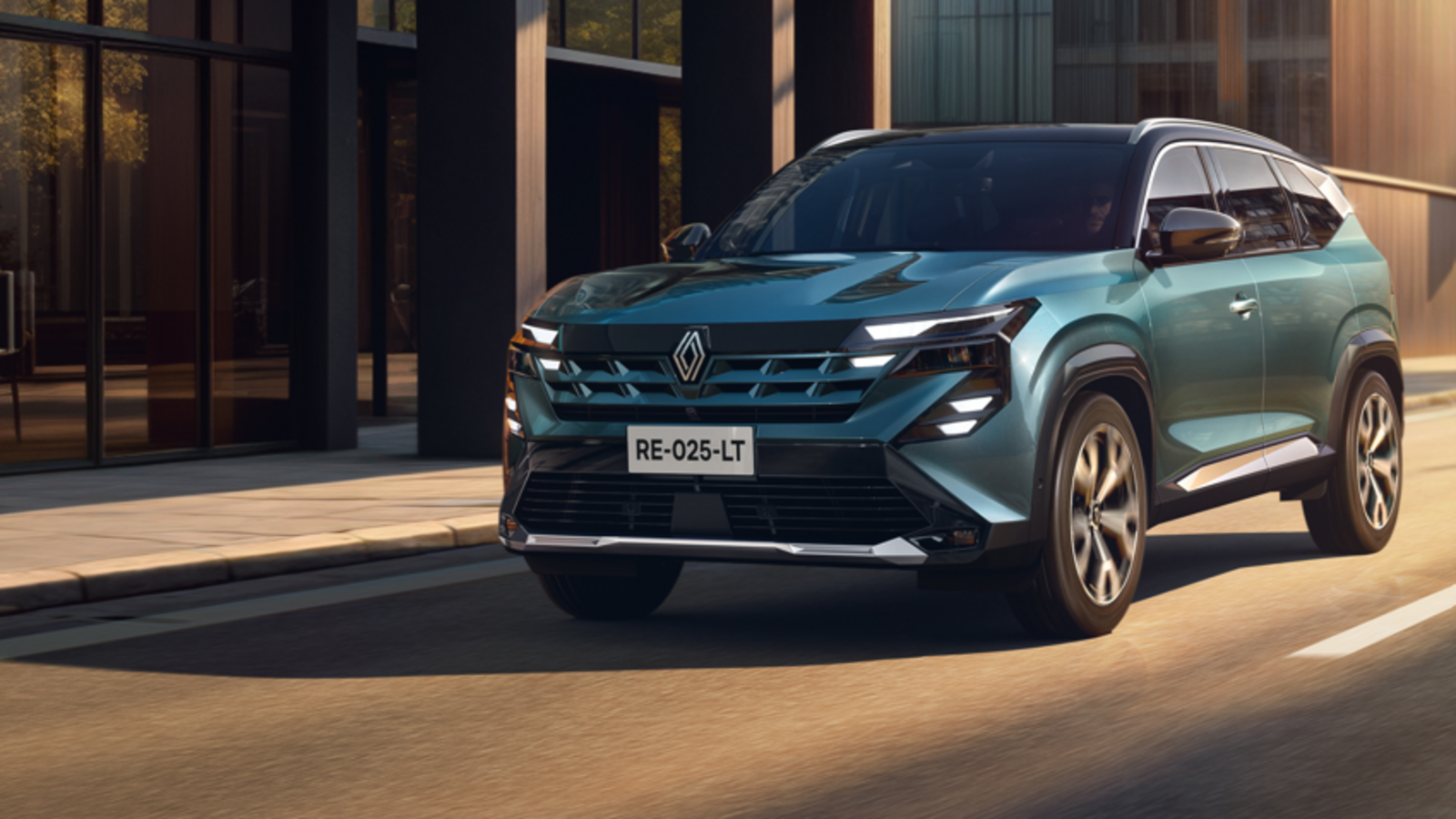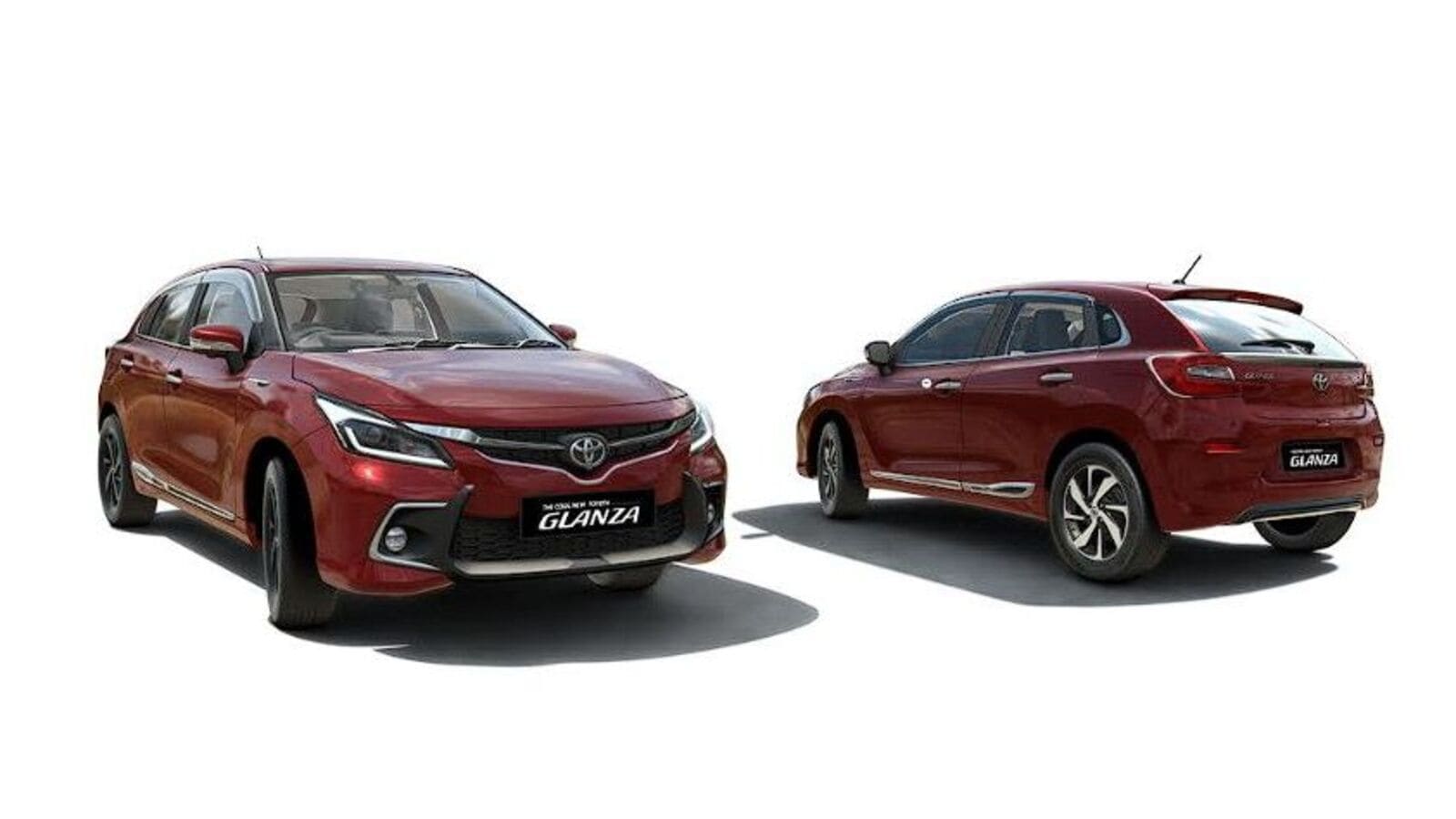CEO Jaehoon Chang defined the perceptible on Tuesday within the corporate’s annual CEO Investor Age presentation. He mentioned world gross sales of EVs are rising sooner than at the beginning forecast and mentioned Hyundai would step up funding to conserve date with increasing world call for.
Chang unveiled the marketing campaign as “The Hyundai Motor Way” roadmap.
Underneath the roadmap, Hyundai will 35.8 trillion gained ($28.07 billion) over the then 10 years in electrification, together with 9.5 trillion ($7.45 billion) for batteries. The residue will likely be funneled into the fresh modular EV platform and lengthening the emblem’s world manufacturing capability for EVs.
Hyundai now expects to promote 2 million EVs a pace by means of 2030, up somewhat from its previous goal of one.87 million. That compares with gross sales of a few 1.6 million EVs projected by means of Hyundai Motor Team sibling emblem Kia, which may even importance a model of the fresh EV platform.
The crowd general of three.6 million EVs in 2030 falls more or less in series with the three.5 million focused by means of Eastern rival Toyota, the arena’s greatest automaker, in the similar date body.
“The key parts of the strategy include introducing a next-generation modular architecture for EVs, strengthening EV production capacity, battery development capabilities and future businesses,” Hyundai mentioned in a information shed. “The company has also raised sales targets for major regions and is preparing to flexibly adjust its sales targets according to market demand.”
During the finish of the last decade, Hyundai will spice up localized manufacturing of EVs.
Hyundai expects EVs to account for 34 % of its international manufacturing in 2030, up from 8 % this pace. Localized manufacturing of EVs within the U.S. will succeed in 75 % from the stream 0.7 %; in Europe, localized EVs will account for 54 % of its gross sales, up from 7 %.
Key to the tactic is a fresh Built-in Modular Structure, or IMA, that can exchange the prevailing Electrical-International Modular Platform, or e-GMP. While the e-GMP can proportion parts and modulars solely amongst nameplates at the identical platform, the IMA setup will permit greater than 80 modules to be commonized around the emblem lineup, irrespective of section or automobile kind.
“With IMA, the company expects to standardize modules and parts between the models to further expand economies of scale and significantly reduce EV development complexity and costs going forward,” Hyundai mentioned. “This breakthrough allows for greater flexibility and efficiency in the development process, paving the way for significant cost savings.”
The fresh platform will underpin all automobile categories, from mini and massive SUVs to pickup vehicles, along side flagship fashions of the Genesis emblem, Hyundai mentioned.
The IMA platform will likely be impaired on 9 Hyundai and Genesis fashions launching thru 2030.
To satisfy rising call for, Hyundai will pursue a two-track manufacturing process of including EV output to current factories that construct internal-combustion and hybrid cars time additionally increasing capability thru devoted EV meeting strains.
The usage of current strains saves funding and ramp up date and may also be extra cost-efficient, no less than to begin with, than development fresh EV-only strains, Hyundai mentioned. The corporate already builds EVs this manner within the U.S., South Korea, the Czech Republic and Republic of India. It’ll extend that means.
Within the interim, Hyundai is making an investment in devoted EV strains, together with a manufacturing facility in Georgia poised to perceivable in 2024 and some other in South Korea that is going on-line in 2025 for home and export importance.
Upcoming-generation batteries are some other component of Hyundai’s EV profitability push.
With an vision towards lower-cost batteries, for instance, Hyundai will introduce lithium-iron phosphate, or LFP, batteries. They’ll have greater power density and stepped forward low-temperature potency and construct it to marketplace round 2025, the corporate mentioned.
In the meantime, a fresh synthetic intelligence-based battery control machine will assure real-time tracking and analysis of battery situations, to support prohibit thermal runaway.
“The company is targeting over 10 percent profitability for EVs in 2030 through expanded EV sales, the integrated modular architecture, optimized production and other profitable businesses,” Hyundai mentioned.Hyundai sells 3 full-electric cars within the U.S. – the Kona, Ioniq 5 and Ioniq 6. The corporate bought 5,736 devices of the Ioniq 5 and 222 of the Ioniq 6 within the first quarter.




